BERLIN (Reuters) - The European Union and China have agreed to look into setting minimum prices of Chinese-made electric vehicles instead of tariffs imposed by the EU last year, a European Commission spokesperson said on Thursday.
German newspaper Handelsblatt reported earlier on Thursday that negotiations had begun.
EU trade commissioner Maros Sefcovic spoke with Chinese Commerce Minister Wang Wentao in the last 24 hours and both sides agreed to look into setting minimum prices, the EU spokesperson said.
China's Commerce Ministry said in a statement that negotiations were set to start immediately.
Sefcovic has previously said any minimum prices would need to be as effective and enforceable as the EU tariffs.
Previous minimum price deals agreed by the EU have been for homogenous commodities, rather than complex products such as cars. The Commission has said it believes a single minimum price would not be adequate to counter injury caused by subsidies.
The EU increased tariffs on Chinese-built EVs to as much as 45.3% last October, but Brussels and Beijing have floated the idea of lifting the tariffs through possible commitments to minimum prices, known as price undertakings for imported cars.
The European Commission has said it is willing to continue negotiating an alternative to tariffs with China, which included tariffs of 17.0% for vehicles made by BYD, 18.8% for Geely and 35.3% for SAIC, on top of the EU's standard car import duty of 10%.
The discussions to potentially find a truce over the longstanding spat, which has also roiled French cognac makers as Beijing took retaliatory trade action, come as U.S. President Donald Trump has embarked on a trade war with some of the United States' closest trading partners, including the EU and China.
Beijing slapped punitive tariffs on French cognac last year, hurting sales in the world's No. 2 economy and a major brandy market for global companies including Hennessey, Remy Cointreau and Pernod Ricard.
German auto industry association VDA welcomed the talks between the EU and China, calling the duties a "mistake" and advocating for a negotiated solution.
"Regardless of current global developments, it must also be discussed here how to reduce obstacles and distortions in international trade, rather than building new hurdles," VDA said on Thursday.
German carmakers, which made a third of their sales last year in China, opposed the tariffs, worried about a trade conflict with the country's second most important trading partner after the U.S.
(Reporting by Philip Blenkinsop, Maria Martinez and Victoria Waldersee; Editing by David Goodman, Susan Fenton and Sandra Maler)

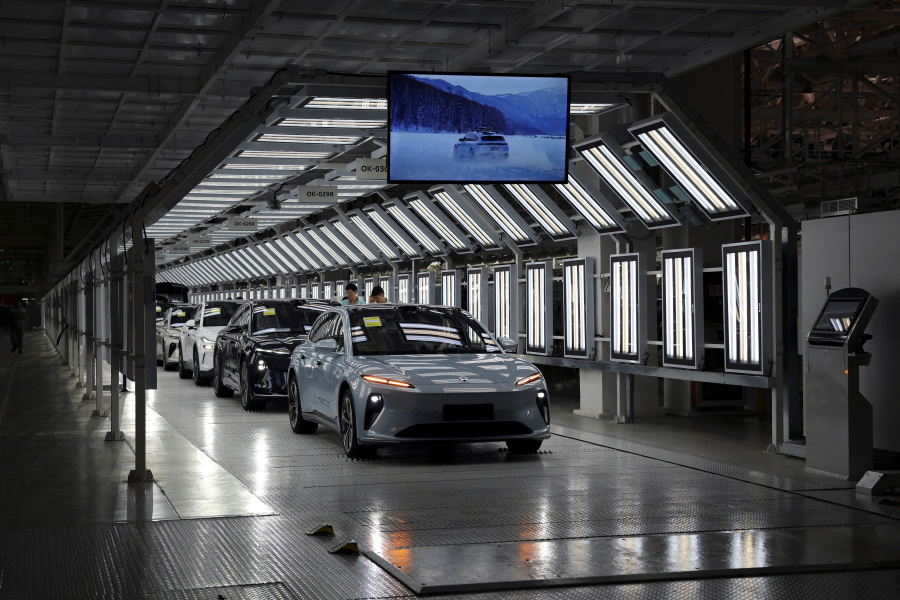

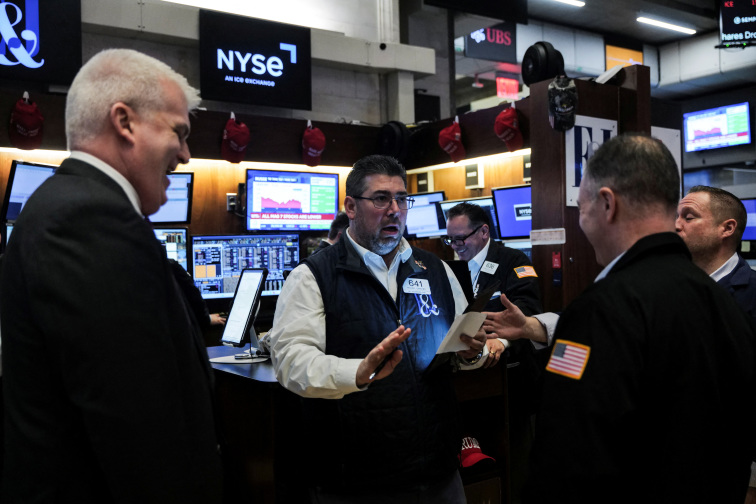
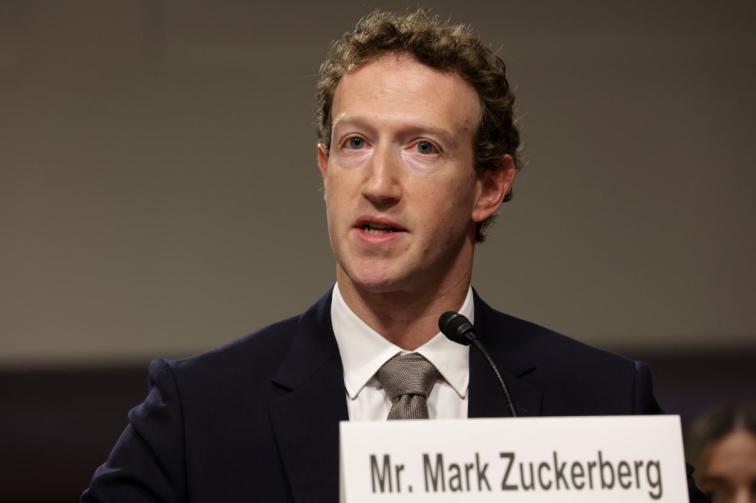
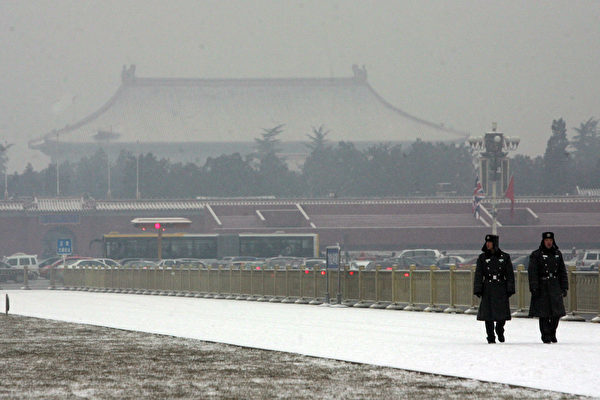
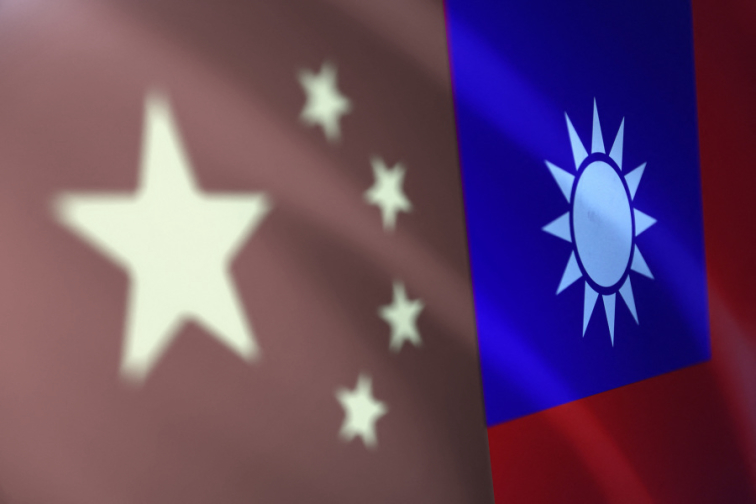




News magazine bootstrap themes!
I like this themes, fast loading and look profesional
Thank you Carlos!
You're welcome!
Please support me with give positive rating!
Yes Sure!